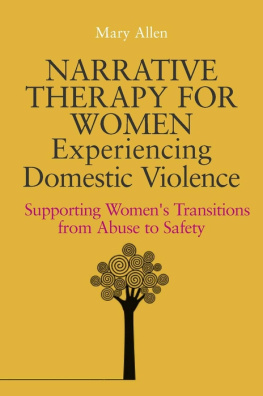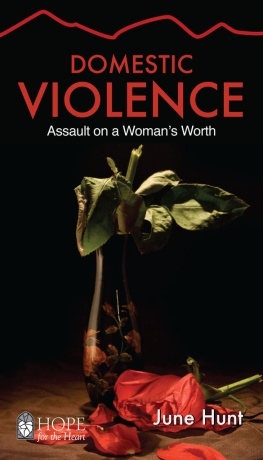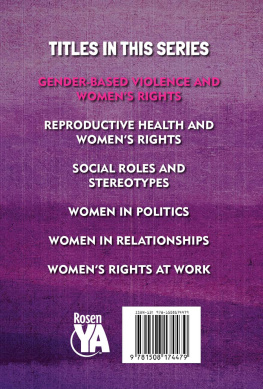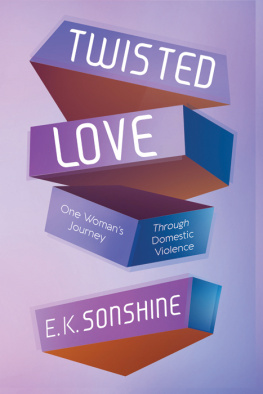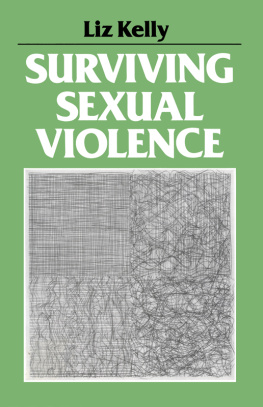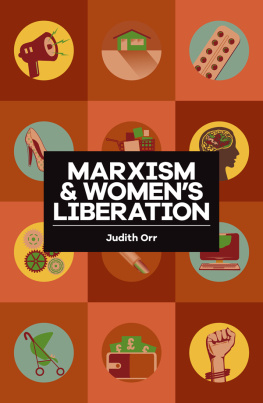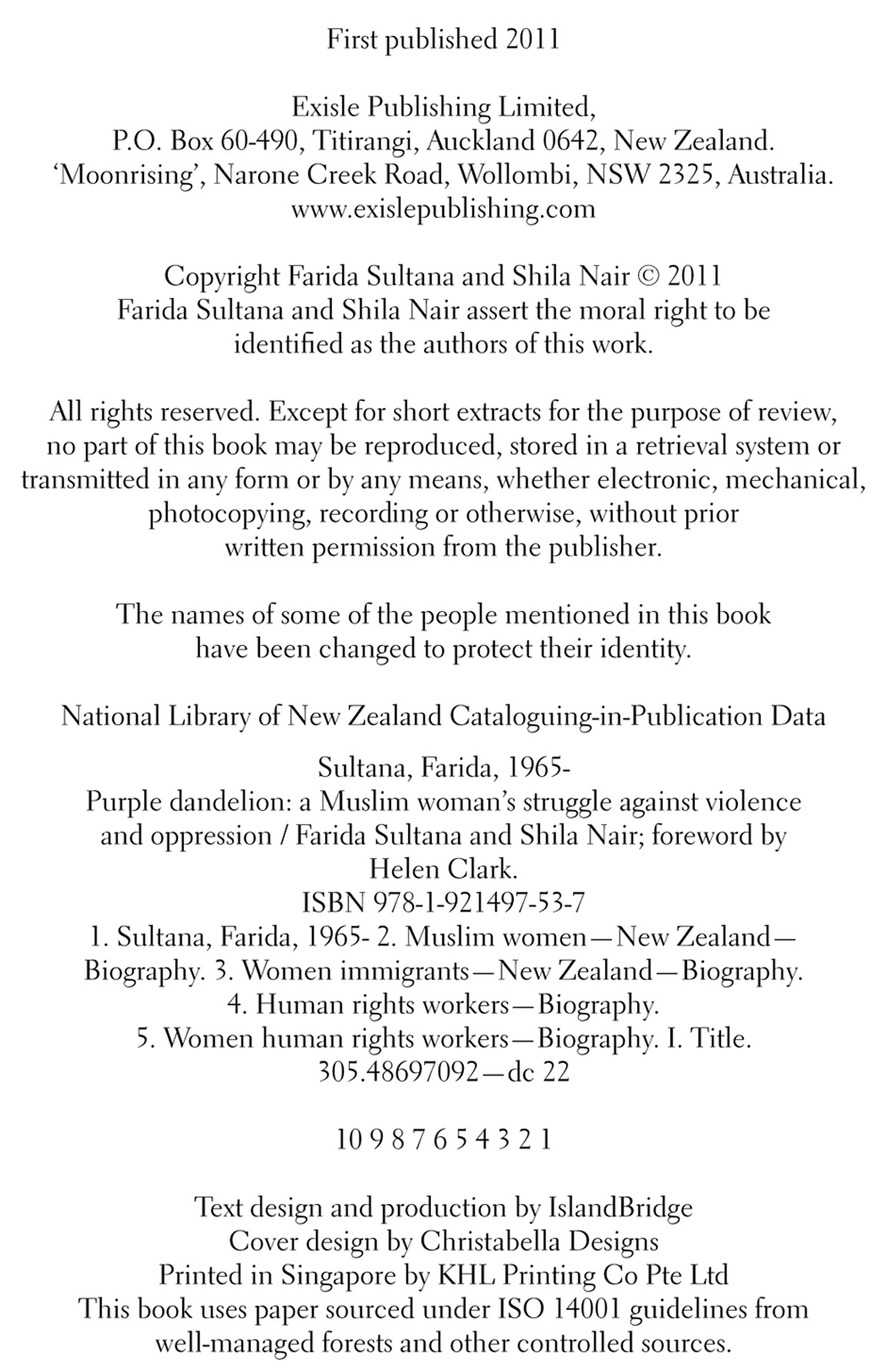Farida Sultana - Purple Dandelion: A Muslim Womans Struggle Against Violence and Oppression
Here you can read online Farida Sultana - Purple Dandelion: A Muslim Womans Struggle Against Violence and Oppression full text of the book (entire story) in english for free. Download pdf and epub, get meaning, cover and reviews about this ebook. year: 2011, publisher: Exisle Publishing Pty Ltd, genre: Non-fiction. Description of the work, (preface) as well as reviews are available. Best literature library LitArk.com created for fans of good reading and offers a wide selection of genres:
Romance novel
Science fiction
Adventure
Detective
Science
History
Home and family
Prose
Art
Politics
Computer
Non-fiction
Religion
Business
Children
Humor
Choose a favorite category and find really read worthwhile books. Enjoy immersion in the world of imagination, feel the emotions of the characters or learn something new for yourself, make an fascinating discovery.

- Book:Purple Dandelion: A Muslim Womans Struggle Against Violence and Oppression
- Author:
- Publisher:Exisle Publishing Pty Ltd
- Genre:
- Year:2011
- Rating:3 / 5
- Favourites:Add to favourites
- Your mark:
Purple Dandelion: A Muslim Womans Struggle Against Violence and Oppression: summary, description and annotation
We offer to read an annotation, description, summary or preface (depends on what the author of the book "Purple Dandelion: A Muslim Womans Struggle Against Violence and Oppression" wrote himself). If you haven't found the necessary information about the book — write in the comments, we will try to find it.
For many Muslim women, life is a continual struggle to realise their true potential and assert their right to a peaceful life. An unconventional child, Farida Sultana, struggled through her adulthood and married life, surviving violence and abuse, she has emerged as a strong advocate against all forms of violence and cultural and religious oppression against women.
Her arranged marriage to a doctor at the age of 18 took her to worn-torn Iran with her husband and young daughter, then to the UK and finally to New Zealand.
Soon after her arrival in New Zealand, Farida became aware that there were many more immigrant women like her who had to overcome domestic violence and the oppressive, patriarchal societies they lived in. Their need drove her to initiate Shakti, which set up the first immigrant womens refuge in the country. It has now grown into the largest immigrant womens organisations in New Zealand, bringing together women and families of over 42 different ethnicities.
PURPLE DANDELION is the true story of Farida Sultana, an extraordinary Muslim woman and single mother. The book is a reflection of her personal journey as an unconventional child who struggled through her adulthood and married life. Being a survivor of violence and abuse, Farida emerged as a strong advocate against all forms of violence and cultural and religious oppression against women.
The book chronicles her remarkable life. It begins in Bangladesh when as a young girl, she found herself in conflict with her traditional family values and the Islamic culture that prevents girls and women from learning music and arts. Later her arranged marriage to a doctor at the age of 18 took her to war-torn Iran with her husband and young daughter, then to the UK and finally to New Zealand. At each stage of the journey, she attempts to capture the nuances, sights and sounds of the events that she became a part of as she continued on her quest to find herself in Bangladesh during its freedom struggle, in Iran during the Iran-Iraq war, in England as a single mother and a survivor of domestic violence, and in New Zealand as an immigrant woman.
Soon after her arrival in New Zealand, Farida became aware that there were many more immigrant women like her who had to overcome domestic violence and the oppressive, patriarchal societies they lived in. Their need drove her to initiate Shakti, which set up the first ethnic womens refuge in the country. What was conceived as an essential support group for migrant and refugee women has grown into the largest ethnic community organisation in New Zealand, bringing together women and families of over 42 different ethnicities. PURPLE DANDELION brings to life the experiences and struggles of some of these courageous women. In recognition of her work, Farida was awarded the Queens Service Medal for Community Service in 2003. In recent years she has been working in Asian and Middle Eastern countries encouraging women to condemn violence and claim their human rights.
Farida Sultana: author's other books
Who wrote Purple Dandelion: A Muslim Womans Struggle Against Violence and Oppression? Find out the surname, the name of the author of the book and a list of all author's works by series.

